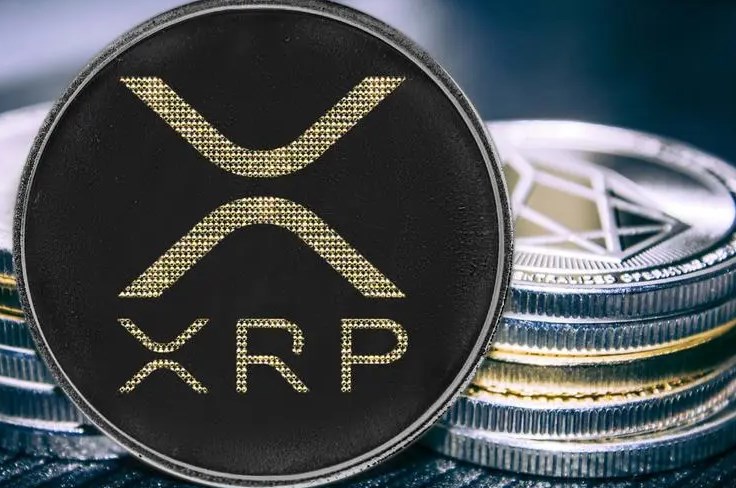The reliability of Ripple is affected by the following factors: Team and Technology: Experienced technical staff focused on improving efficiency and security. Partnerships: Build credibility and adoption potential with financial institutions and businesses. Compliance: Complying with laws and regulations makes it an option for financial institutions. Market Acceptance: Being among the world’s largest cryptocurrencies indicates a high level of investor acceptance. But there are also risks: market fluctuations: prices fluctuate violently, affecting reliability. Regulatory uncertainty: Availability may be reduced due to regulatory measures. Centralization: Supply is in the hands of a few companies, raising centralization concerns.

Reliability of Ripple
Ripple is a digital cryptocurrency that uses decentralized blockchain technology. It aims to provide a fast, low-cost and secure platform for financial transactions. However, as with any cryptocurrency, Ripple’s reliability has sparked controversy.
Reliability Factors
Key factors in assessing the reliability of Ripple include:
Potential Risks
Despite Ripple’s reliability factor, there are some potential risks to consider:
All in all, Ripple is a cryptocurrency with solid factors, but there are still risks associated with all cryptocurrencies. Potential investors should carefully weigh these factors and conduct a thorough assessment of their reliability before making an investment decision.
The above is the detailed content of Is Ripple reliable?. For more information, please follow other related articles on the PHP Chinese website!




